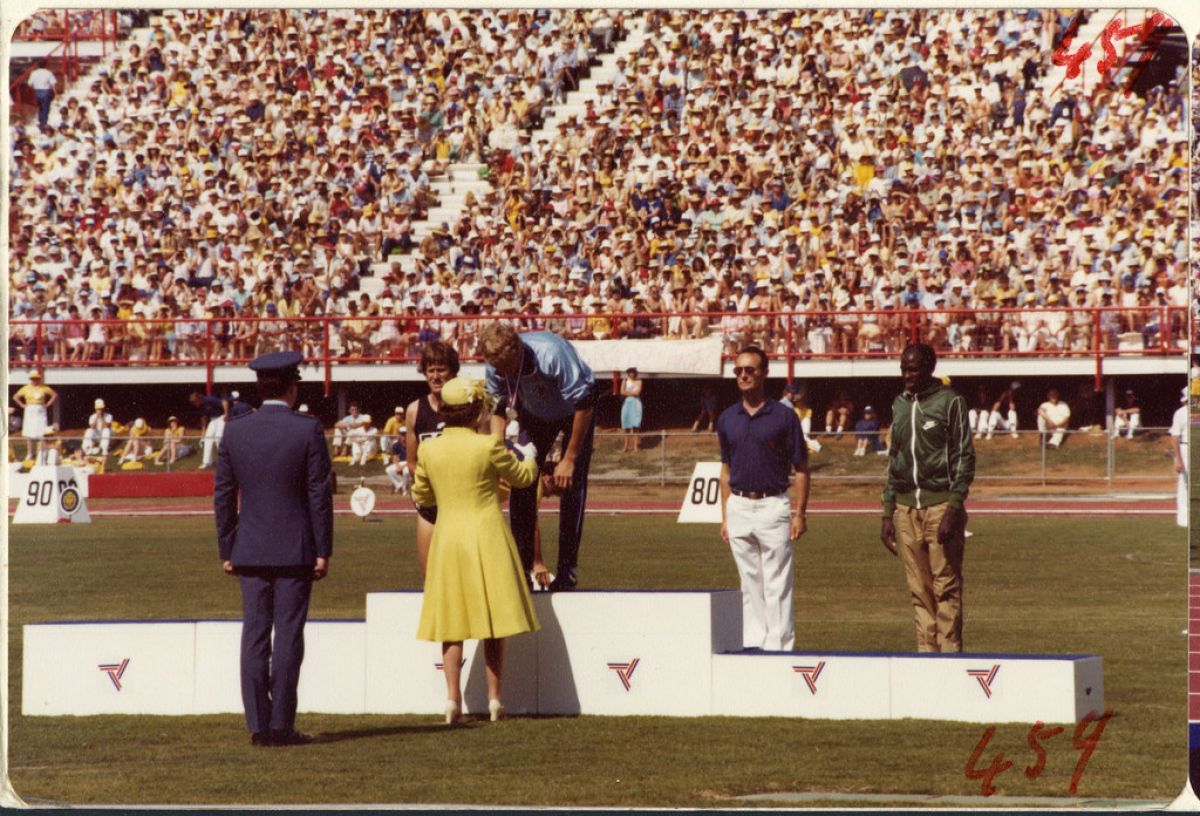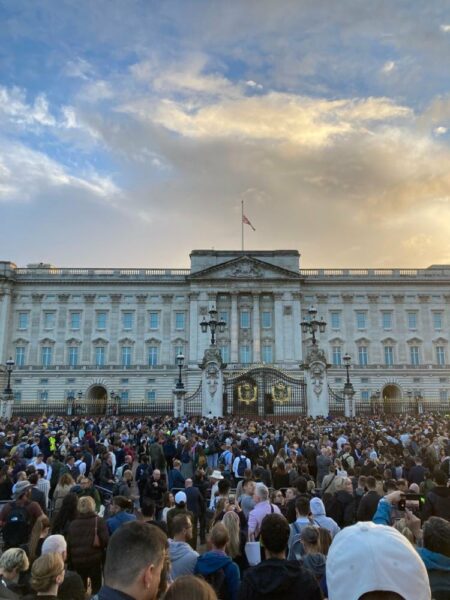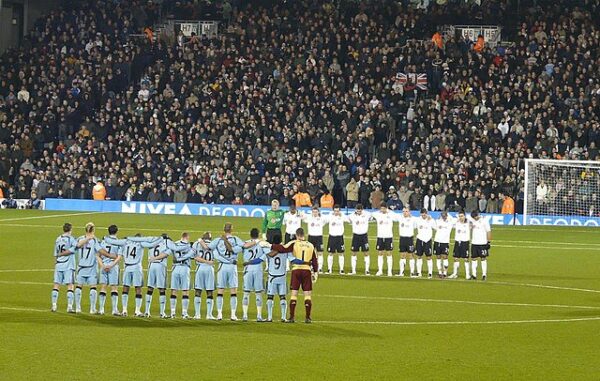Opinion: Queen over Country? Was the disruption to sports justified?
By adampogrund

The death of the seemingly immortal Queen Elizabeth II after a 70-year reign shocked the world. Ten days of mourning culminated on Monday with the Queen’s funeral and a bank holiday. Whilst large parts of the country were only shut down for the day of the funeral, sport has been impacted throughout the period of mourning. All football taking place on the first weekend after Elizabeth’s death, from the Premier League to grassroots, was postponed. As were races under the British Horseracing Authority, of which the Queen was an avid fan. Most other sports cancelled proceedings the day after the death was announced, but continued with business as usual over the rest of the weekend. This was the case with the BMW PGA Golf Championship, the Great North Run, Test Cricket, and Rugby Union. Those sports which continued showed respect for the Queen through moments of silence, applause, and by wearing black armbands. It bodes the question of whether cancellation was the correct choice, with the public showings of respect appearing a more fitting way to commemorate the Queen’s great life.

There is certainly some merit in the cancellation of sport. The Queen’s death marked a unique moment in British history. You have to be in your eighth decade at least to remember the last passing of a monarch. The postponement of sport recognises the moment as a once-in-a-generation occurrence and helps mark the gravity of the time as well as shining a light on Elizabeth’s years of service.
In addition, with mass gatherings of fans, often drunk and riled up, there would have been plenty of opportunity for unsavoury behaviour. For example, in Celtic’s most recent game fans chanted “If you hate the royal family clap your hands” during the minute’s applause, and they unveiled a banner saying ‘F**k the Crown’ during a Champions League game vs Shakhtar Donetsk. Dundee fans booed the silence in their encounter with Rangers. Immediate fixtures following the Queen’s death could have seen more inflammatory behaviour.
On the other hand, the postponement of sport does not consider the best interests of athletes. For those who already suffer an intense and cramped schedule, football is especially challenged. The upcoming winter World Cup, and the fact that there are no midweek spaces available to catch up on the game week until the end of the year. The Shields v Marshall fight had to be pushed back over a month, provisionally until 15th October. It calls attention to a lack of common sense utilised by sport’s governing bodies.
The inconsistencies and ineptitude of the governing bodies were greatly highlighted by the cancellation of grassroots football. A Sheffield amateur team played their fixture despite contrary advice. At the very same time, England played in front of 30,000 fans at the Oval to no complaints. The Sheffield fixture was not played in great taste, but the response by the FA labelling the team as ‘despicable’ was overly harsh.
The cancellation of all non-professional football fixtures was a baffling decision. Children in the country have greatly missed out on development due to Covid over the past two years, and they need to be outside playing rather than sitting at home ‘mourning’. Historical precedent shows that sport was not cancelled in 1952 after King George VI’s death; although there was disruption after Princess Diana’s tragic death in 1997.
Sport’s cancellation seems unfair when considering there was no immediate bank holiday in the immediate aftermath of the Queen’s passing. Of course, it is understandable that the moment needs to be marked; but essentially the population had to go to work during the week, then on the weekend had to mourn and miss out on the nation’s most popular pastime. It is facetious to say that it was merely the death of a 96-year-old woman, but life goes on, and how much benefit was there from cancelling sport?
As Peter Crouch tweeted, “Black armbands, silence observed, national anthem, Royal band playing etc to the millions around the world watching? Isn’t that a better send-off?”
This would have been a more fitting tribute to the Queen, than having children sitting inside over the weekend. 212,000 users who liked the tweet agreed.

It was certainly a difficult decision for governing bodies so it is wrong to be overly critical. At first, it seemed likely that the government would be cancelling all sports without giving individual leagues the option. Then talks with the Department of Culture, Sport, and Media ended with recommendations of remembrance, and a choice for each sport over continuing. The footballing authorities, not wanting to be the odd one out, announced swiftly afterwards the cancellation. Football does require more policing than other sports and so this decision was understandable. The following week three Premier League fixtures were postponed with police restraints, due to the Queen’s funeral.
However, the cancellation does reinforce classist stereotypes of football ‘yobs’ versus the ‘pleasant’ more middle-class fans of cricket or rugby. There were rumours of football’s cancellation being in part the lack of trust that respect to the Queen would be shown. There were some problems in Scotland and some booing in Everton. Nevertheless, the vast majority of fans acted impeccably. There were no problems on the day the Queen’s death was announced, with Manchester United and West Ham still competing in Europe.
Ultimately, the cancellation of some sports may have proved to be the wrong decision. The disruption to the sporting calendar is significant, and the inconsistencies in different sports do not make sense. Nonetheless, the Queen was generally seen favourably in the UK, and as someone who put her country above her own interests, acting with great dignity in her life. Sporting postponements, even if in practice executed strangely, were enacted purely with the intention of respecting a monarch who worked her entire life.







